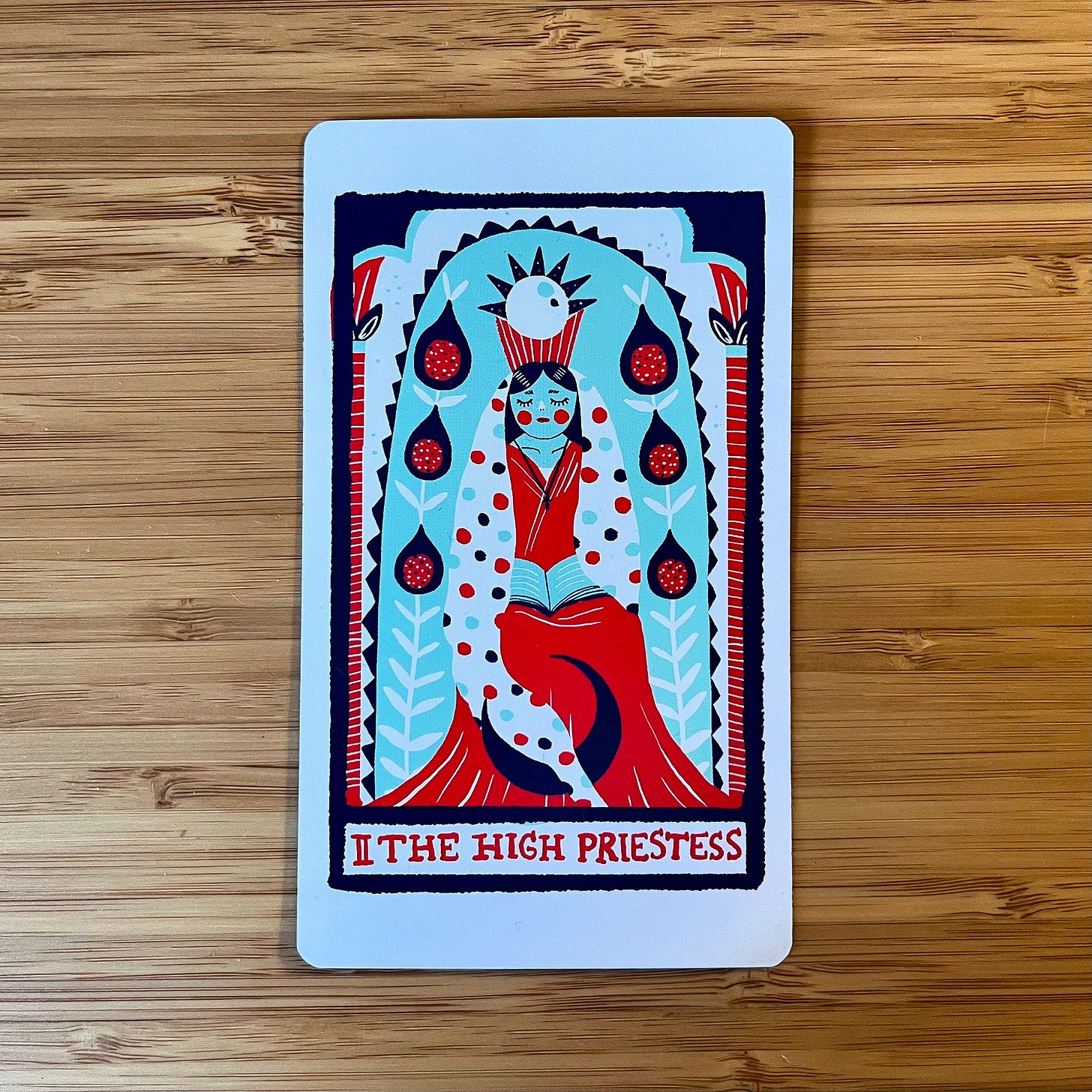What am I missing?

I started writing this month’s reflection before the election, with this paragraph:
Over the last several weeks framing keeps coming up in my conversations with colleagues: the idea that we can receive the same exact information but interpret it differently than someone else because we’re viewing it through the lens of our life experiences, assumptions, values, beliefs. The Ladder of Inference is one tool I find useful to illustrate this process.
I wanted to write about framing because naming that we all bring a different frame — and inviting people to explore data through different frames — is an important step in the process I use to help groups make sense of data and evaluation findings. It’s also one of the reasons I advocate for engaging diverse stakeholders in learning and evaluation, especially the people most impacted by the issue an evaluation is focused on. There is power in deciding what data means, there is power in deciding which insights matter, and there is power in deciding how to act on them.
Naming the different frames at play in a group also invites us into perspective-taking: it helps us recognize that our thinking is one perspective, and it offers us the opportunity to explore other points of view. Because I was mulling all of this over, the inquiry question I chose for this month was a nudge to look outside my own frame:
What am I missing in this moment?
The tarot card I pulled was the High Priestess. In an eerie echo of the topic already on my mind, in their book Red Tarot: A Decolonial Guide to Divinatory Literacy, Christopher Marmolejo writes of this card: “She teaches us to discern fact from the interpretation of fact. She makes us aware of our biases, default interpretations of self that may not be as factual, fixed, or rigid as we’ve held.” And this is where, post-election, I paused. Not because I didn’t still find the above inquiry question valuable, but rather because the election results sent me spiraling back deep into my own frame. Into my grief. Into my anger. Into my fear.
Since the election I’ve been thinking a lot about the James Baldwin quote: “We can disagree and still love each other unless your disagreement is rooted in my oppression and denial of my humanity and right to exist.” I’ve been thinking about the abolitionist belief that “no one is disposable”, which is dear to me. And I’ve been thinking about what Kazu Haga wrote about the concept of Beloved Community in Healing Resistance: A Radically Different Response to Harm:
“One of the hardest concepts to commit to is the idea that there is no one outside of Beloved Community. No one. […] Building Beloved Community is not about loving the people who are easy to love. It is about cultivating love for those that are difficult to love. Those people over there. The other. Those who root for the Los Angeles Lakers [Haga is a Celtics fan]. The people who voted for that guy. The people who work in the various systems that are destroying our communities. The corrupt corporate CEO. The foreign dictator responsible for countless deaths. If you are not struggling to love people, if you are not trying to build understanding with those you disagree with, then you are not really doing the work of building Beloved Community.”
(Side Note: Haga’s book talks about Beloved Community and it is about organized resistance to harm; he believes we can hold both, that we can resist while still holding the humanity and dignity of the people whose actions we’re working to block.)
I have also been thinking about how hard it is to hold all of this — and the openness and curiosity and vulnerability of a question like what am I missing in this moment? — when I feel so full of grief and anger and fear. And about the importance of taking time to sit with and process our emotions.
Last week my body started emerging from its fight/flight/freeze/fawn response. In parallel, I can feel my curiosity returning. In their analysis 10 ways to be prepared and grounded now that Trump has won, Daniel Hunter writes:
“Authoritarian power is derived from fear of repression, isolation from each other and exhaustion at the utter chaos. We’re already feeling it. Thus, for us to be of any use in a Trump world, we have to pay grave attention to our inner states, so we don’t perpetuate the autocrat’s goals of fear, isolation, exhaustion or constant disorientation.”
This month I’m not going to close by inviting you to respond to the above inquiry question, because I don’t know where you’re at in your own post-election process. Instead, I will simply say: I hope you’re caring for yourself, and doing what you need to stay grounded and connected.



